|
A lot of us are buying online instead of buying our household products in person right now. We've got some great eco-friendly products for you to keep in mind as you shop (opt for a no contact delivery method if you can!):
0 Comments
We are here for you. The CoronaVirus, or COVID-19, is making a lot of people feel a little frightened during this time of social distancing. While you're inside, we’ve compiled some resources for you to indulge in, and hopefully bring a little positivity and happiness into your household.
Together, we can do this.
We reached out to our World Wildlife Day Film Showcase filmmakers to ask them five questions about the experience of making their films.
Answered by the team: Director Sarah Joseph, Producer and Editor Dustin Sylvia, Producer Tyler Dinley, Director of Photography Ivan Agerton, Additional Cinematography Brett Kuxhausen, Sound Recordist Anna Pankova, Original Music by Julian Cisneros, Production Assistant Augusto Bila, Associate Producers Sydney Guthrie, Steph Toft and Devin Swanson, and Executive Producer and Creative Director Vanessa Serrao What inspired this story? This film was inspired by National Geographic Society’s Last Wild Places initiative, which aims to help protect 30 percent of the planet by 2030. We are partnering with conservation organizations such as Gorongosa National Park as part of this goal. Gorongosa uses a progressive approach to conservation that balances the needs of people and wildlife. In particular, their efforts focused on educating and engaging women and youth inspired us. We wanted to share the story of this landscape through the lens of what’s possible when you empower local people, especially girls. What impact do you hope this film will have? We hope this film will raise awareness about the need to protect our last remaining large natural areas, for the sake of preserving biodiversity and also for the value that they bring to humanity. We also hope it will help spread the message that it’s integral for local communities to be empowered as stewards of these wild places, and that when they are directly involved in conservation, people and nature benefit. Finally, we hope the film will inspire and empower people of all ages and backgrounds - especially women and girls - to become the next generation of conservationists. Please visit Gorongosa.org to donate to their Cyclone Idai relief efforts, purchase their coffee (which supports local livelihoods through sustainable agroforestry), and to plan your own trip to Gorongosa National Park. You can also learn more about National Geographic Society’s Last Wild Places initiative here.
We reached out to our World Wildlife Day Film Showcase filmmakers to ask them five questions about the experience of making their films.
What inspired this story? Executive Producer Steven Bedard: As a digital magazine with its primary focus on biodiversity and its loss, bioGraphic aimed to depict the researchers and conservationists on the leading edge of the effort to protect the world’s coral reefs. Most of the news we hear about coral reefs is about their demise, but there are promising solutions to this loss, and inspiring people leading the charge. Off the Caribbean island of Curacao, one such group is focused on coral colonies that have survived warming, painstakingly providing in vitro fertilization services to those colonies in hopes of breeding corals that will be more resilient in the face of climate change. This video, which was produced as part of the multimedia story "Spawning an Intervention," illustrates the challenges involved in trying to get corals to do in a lab what they typically only do in the open ocean. What impact do you hope this film will have? SB: We hope that this film will show that all is not lost for the world’s coral reefs. These are some of Earth’s most important ecosystems, and climate change has begun to threaten their very existence. We can’t afford to ignore the problem, but unfortunately, stories about coral reef devastation has caused many people to lose hope. With this film, we sought to re-instill some of that hope by demonstrating a proven technique for restoring coral reefs, as well as the inspiring people behind this effort What drove you as a filmmaker to focus on biodiversity? SB: Biodiversity is one of Earth’s most precious resources, providing food, nutrient cycling, water cycling, pollination, seed dispersal, and myriad other functions that not only make human civilizations and our way of life possible, but keep ecosystems healthy and functional for all of Earth’s organisms. The steady loss of the world’s biodiversity—resulting from climate change, coral bleaching, deforestation, habitat loss and degradation, among others—is increasingly seen by scientists as one of the world’s most pressing environmental challenges. While the losses have been breathtaking, and the trends show no sign of letting up, there are signs of hope. There are ecosystems and populations that have shown resilience; there are innovative and effective solutions that have the potential to be scaled up; and there are brilliant and inspiring people working against all odds to better understand the natural world and to protect and restore what’s left. bioGraphic seeks to highlight these hopeful stories and solutions in an effort to inspire the next generation of conservationists working to make the world a better place.
We reached out to our World Wildlife Day Film Showcase filmmakers to ask them five questions about the experience of making their films.
What inspired this story? Director and Producer Jake Willers: Highways are one of the greatest barriers to wildlife movement on the planet. In the U.S. alone, motorists travel over 3 trillion miles per year – roughly 330 roundtrips between the Earth and Pluto – and a vehicle hits an animal at least every 26 seconds. In addition to killing 1-2 million large animals, these collisions cause 200 human fatalities and over 26,000 injuries, at a cost of more than $8 billion to Americans, every single year. The prevalence of roadkill is both an obvious and unfortunate result of the conflict between the needs of humans and animals. The human need to get to where we are going safely and quickly is a basic expectation of modern society. Yet wild animals need to cross our roads in search of food, mates and shelter. We were inspired to show that roadkill is not simply “bad luck” or an unfortunate consequence of driving, but an avoidable cost and a preventable loss. There are proven solutions to this problem: wildlife crossing structures in areas of known wildlife movement have been shown to reduce motorist collisions with wildlife by up to 97%. In other words, a road that had 100 collisions this year could have as few as 3 next year after installation of wildlife crossings and fencing to guide animals to the structures. The featured wildlife crossing project has improved human safety and welfare with more than 40,000 successful crossings by wildlife documented, reduction in human injuries and fatalities, reduced infrastructure damage, and reduced loss of wildlife. By making these structures visible, people can experience first-hand engineered landscape designs that create safer roads. What impact do you hope this film will have? JW: By showing wildlife crossing structures along I-80 from construction to the restoration of safe passage for migratory mule deer to more than 1.5 million acres of summer and winter habitat, the film demonstrates a local solution to the ubiquitous problem of wildlife-vehicle collisions. Wildlife crossing structures present a timely opportunity to communicate both the problems and the solutions to the general public. By sharing the remarkable story of the decade-long effort by the Nevada Department of Transportation (NDOT) and its partners to improve human safety by re-connecting a historic mule deer migration we hope to raise awareness and build public support for crossings and help departments of transportation across the United States and beyond accelerate their road mitigation projects for wildlife. Describe some of the challenges faced while making this film. JW: The greatest challenge we faced filming (Re)Connecting Wild - Restoring Safe Passage was capturing mule deer actually using the overpass itself. During the first migration once the overpass structures were in place and open for use, it took a while for the deer to figure out that the fences that prevented them from crossing the road would lead them to the crossing structures. This meant that they spent a lot of time hanging around the fence line before crossing. Many 12-15 hour days were spent with our cameras focused on the overpass waiting for deer. The odd one would cross now and again, but we were really waiting for a group. Finally a few groups were filmed, the largest being 17 individuals. We were hoping for more, but as with all wildlife filmmaking, you get what you get in the time you have! More information: www.arc-solutions.org, www.9caribou.com, #(re)connectingwild, #wildlifeoverpass, www.nevadadot.com
We reached out to our Jackson Wild Media Awards filmmakers to ask them five questions about the experience of making their films.
What inspired this story? Director Nicolas Brown: This story was inspired by the book “The Serengeti Rules” by Sean Carroll, who had started his research after making a trip to the Serengeti and his kids asked him “how come this place has so much more wildlife than anywhere else?” He didn’t learn the answer until he started talking to the people this film is about. Describe some of the challenges while making this film. NB: The science behind the film is intensive, controversial and in many respects brand new, so we had to learn a lot about ecology in a short period of time. (In development we had three PhD’s on our research team). This is also a story with a lot of characters and storylines that cover the entire globe. The hardest part was deciding what not to film! We also were unconvinced there was a way to knit together all of these diverging threads in different ecosystems. In the end we narrowed it down to just 5 scientists and locations, and that is the story that emerges. How do you approach science storytelling? NB: We feel it is essential that audiences be given an emotional connection to the story, especially when the subject matter is as intellectual as this is. In this case we used dramatic reconstruction to draw people closer to the key characters. We hope that you, the viewer will fall in love with nature just as our characters did. We also feel the science is easier to comprehend if you have a fully rounded human being that you can identify with and follow through the story. We let our characters tell their personal journeys without resorting to narration. This unfiltered approach is a way of showing the audience respect, and trusting that they will figure out the difficult bits on their own. What impact do you hope this film will have? NB: In some ways the film is already having the impact we hoped for most, and that is inspiring younger people—especially those aged 10- 21—to fall in love with ecology. Biodiversity loss and extinction are depressing issues, so it is important that we project a story that also has some hope. We notice that young audiences are really latching onto this positive message. Ultimately, we hope that the science and the people will inspire everyone who watches the film. The best quotes-- and we’ve heard this more than once--come from 11 year olds saying, “When I grow up I want to be an ecologist!” Were there any surprising or meaningful moments/experiences you want to share? NB: Early in the process we knew we had to film the man who got this story going: Bob Paine. We’d set a date to make him the first person we would interview. But not long after agreeing a date, Bob called us to say that he was ill, but was still eager to take part in the film. Then, just a week before the interview, Bob’s daughter called to say he might not live to see the morning. We were shocked, and more than a little depressed. We cancelled our plans to film Bob, and were considering cancelling the whole film when Bob emailed. He said that he wanted to film with us no matter what. He wanted to get this story out there. On the day we arrived, Bob had just a matter of minutes per day where he was even awake and able to speak. He gave us 20 minutes per day on two consecutive days to interview him. Can you imagine, being on your deathbed, in agonising pain, willing to talk to a film crew? You see, for Bob his work was so much more than a job. It was his passion and his mission, and he wanted to share what he had learned right up to his dying breath. He passed away less than a week after we finished the interview. The film is dedicated to his memory. Anything else you would like people to know? NB: If you care about nature, about animals, and about biodiversity, then you need to know how nature works. The 5 scientists in this film helped to crack the code, and it appears that these rules apply everywhere we’ve looked. So predators matter, keystone species matter, and if we are to have any hope of holding onto planet Earth’s remarkable biodiversity, we are going to have to apply this knowledge. That means protecting species—especially predators—and also re-wilding them when they go missing. What next? NB: The next step for us is to get this film distributed as widely as possible. We have plans to get it into schools and classrooms. And we hope to find distribution to the widest possible audience. When it comes to impact... NB: This film is about science, therefore the first call to action is to get involved in "citizen science"-- which is available on the HHMI website. The idea of "tolerance" is another great starting point-- we hope people become advocates for predators such as wolves, blue crabs, sea otters, bass, or other keystone species. Finally, the main aim of this film is to encourage young people to fall in love with nature, and follow up that passion with a career in ecology. Bob, Jim, Mary, John and Tony are great role models in this regard. When it comes to visualization... NB: We wanted to tell the story of falling in love with nature. Therefore, we used a mix of drama reconstructions and historical footage to bring this experience to life for our audience. Period costumes, actors, vintage cars, props-- we combined all the tools of drama with the beauty of natural locations. Look for the director who appears several times as a double for John Terborgh and Jim Estes, shot with vintage super 8mm film.
We reached out to our World Wildlife Day Film Showcase filmmakers to ask them five questions about the experience of making their films.
Answers provided by Tom Mustill, Director What inspired this story? TM: I met George Monbiot and he told me about Natural Climate Solutions, and how no one was talking about them or funding them despite their great potential. He released a short animated film and a letter signed by prominent figures including Greta Thunberg. It didn't really make much impact and I felt this was something people had to know about, so I decided to make a film about it that had George and Greta talking directly to you, to engage audiences with them in a way that they normally wouldn't, with a visual style very different from other campaign or environmental films. My hope was that this would get people talking about NCS, and we rushed to make it in time for the New York climate week that Greta was attending. We didn't have funding at first and just decided to make it in our spare time because we felt it was important. Describe some of the challenges faced while making this film. TM: We wanted to have the smallest possible environmental footprint ourselves while making this film. To accomplish this we took trains to Sweden and electric cars in the UK, powered our edit on green energy, had no single use anything, ate veggies and only used recycled stock footage (apart from the two interviews). This reduced our total footprint to 180kg of carbon. We paid to offset this 4x over (so the carbon would be captured sooner) in Natural Climate Solutions making the production carbon neutral. We wanted to show this was possible on a high production value film. Were there any surprising or meaningful experiences you want to share? TM: We did not expect the film to be viewed very much, perhaps a few hundred thousand views, but when we released it it went viral, clocking up over 55 million views and even being tweeted by heads of state, with Natural Climate Solutions being a big part of the UN climate and sustainable goals summits discussions in September in climate week. The meaningful part of this is that most of those views came as an accident of our distribution strategy-instead of releasing it on one site as is the received wisdom, we gave it away under a Creative Commons (CC) license to anyone who wanted to host it/show it. An unexpected consequence of this was that the places it received the most views were sites we would not have expected - 20 million on the FB page of the musician who leant us his music for instance - far more than on Greta's and our sponsors official pages where we expected most of the views to be. Hopefully more films will take this approach and give their films away under CC licenses. |
Archives
March 2024
Categories
All
|
Contact UsJackson Wild
240 S. Glenwood, Suite 102 PO Box 3940 Jackson, WY 83001 307-200-3286 info@jacksonwild.org |

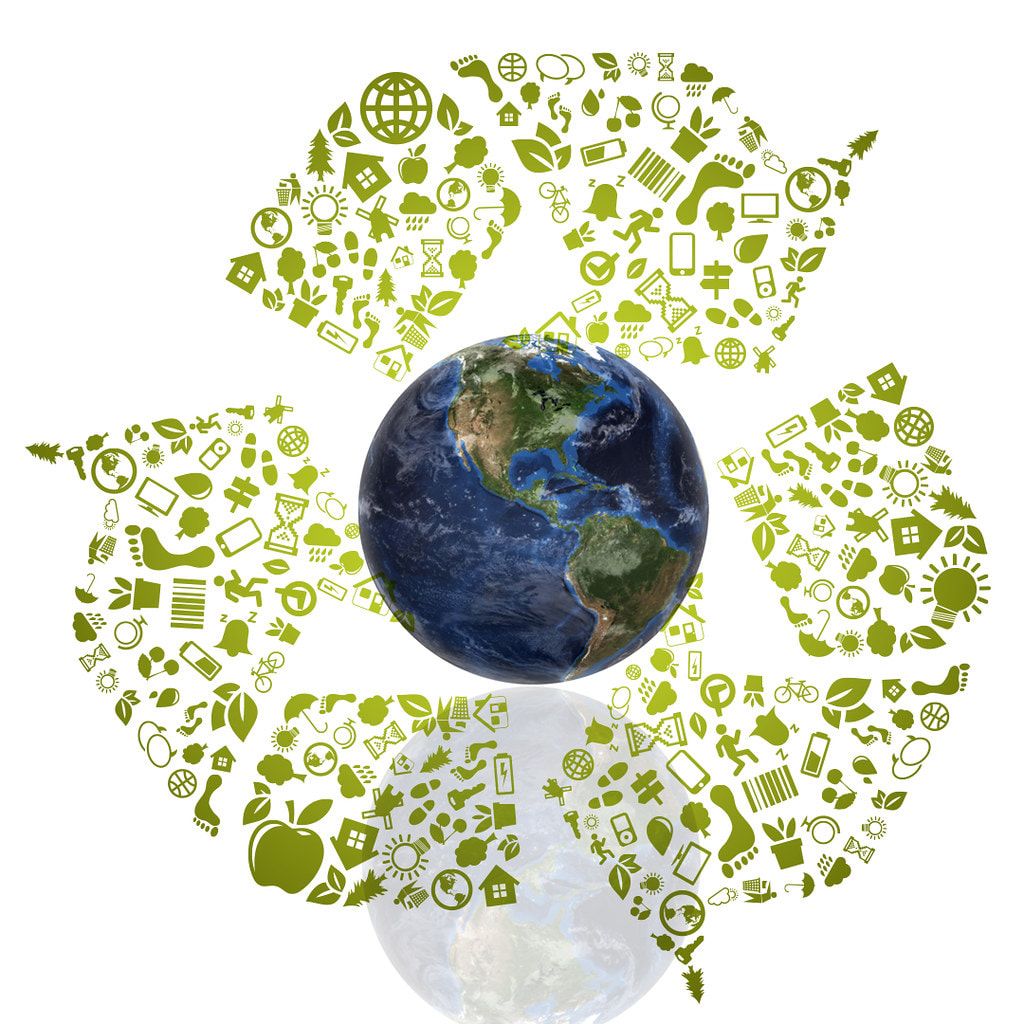
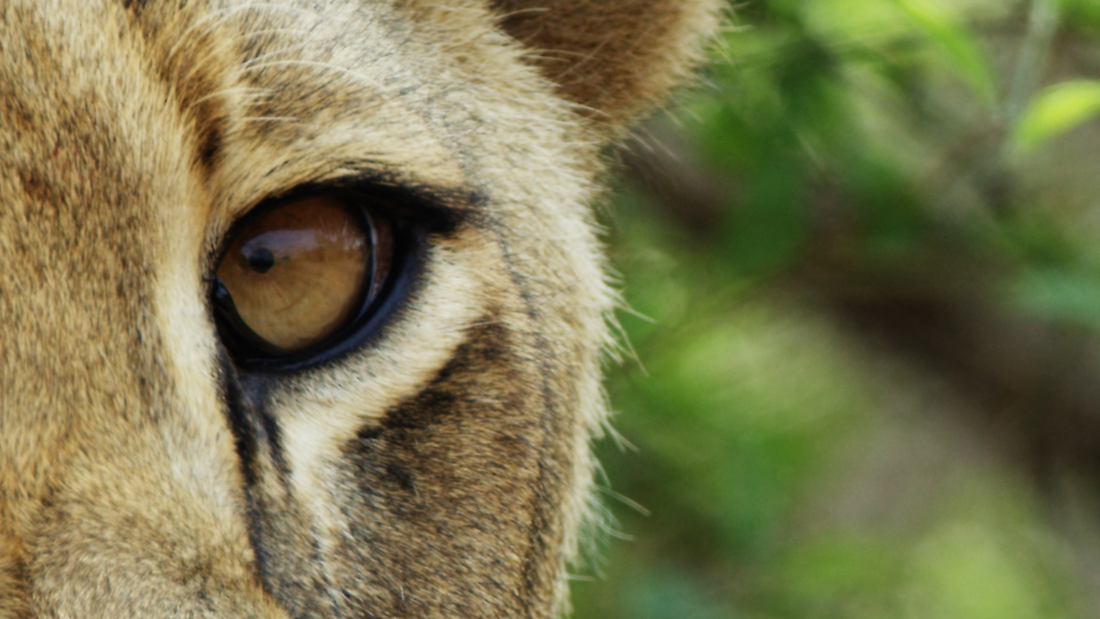
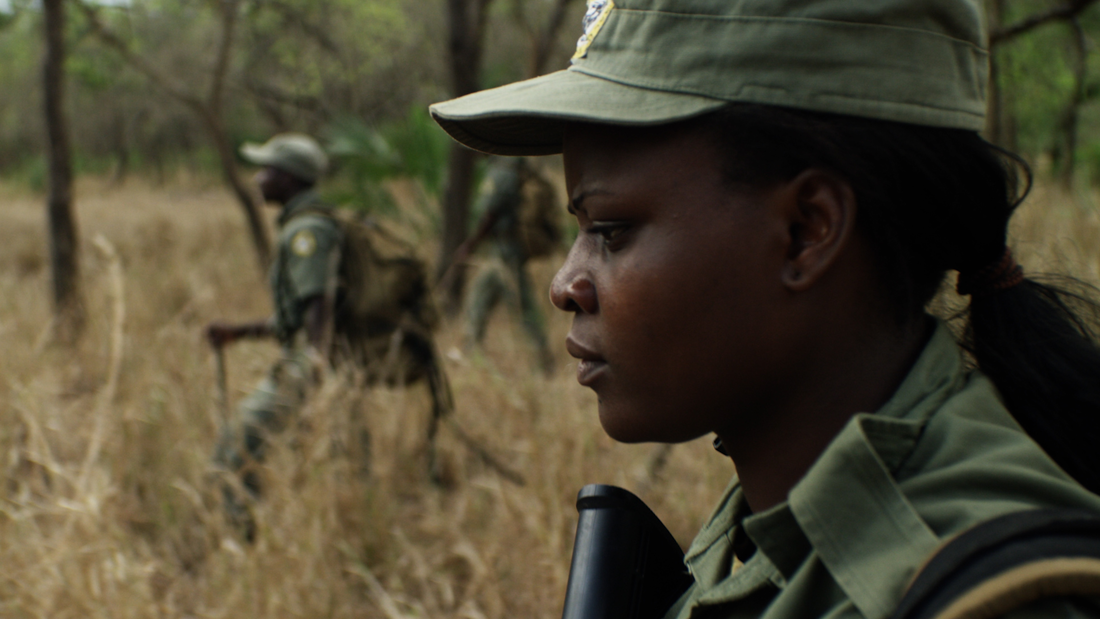
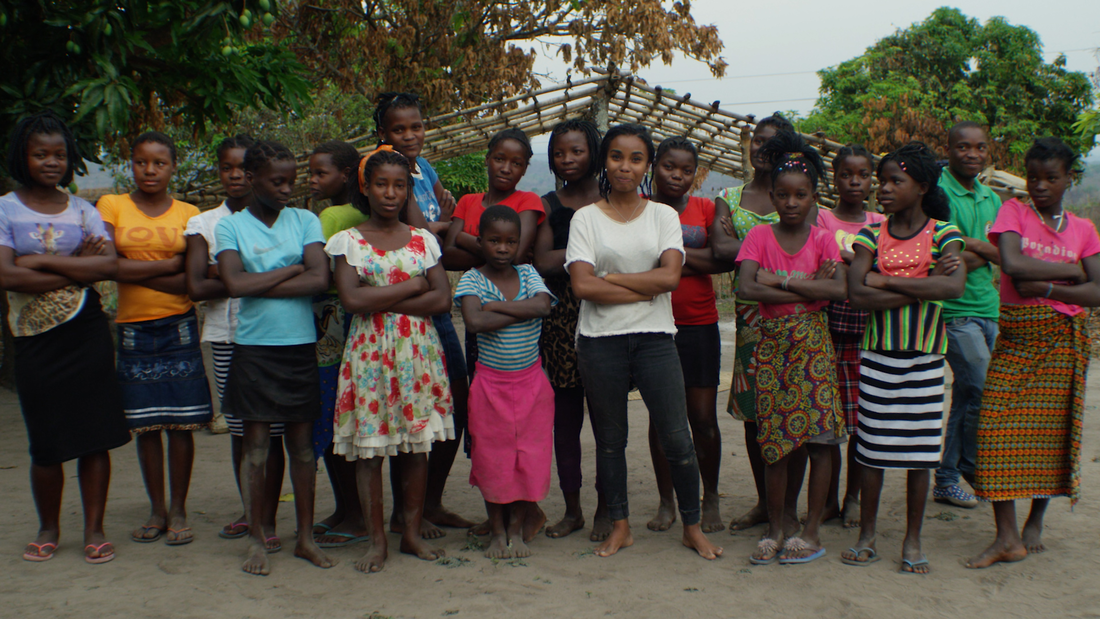
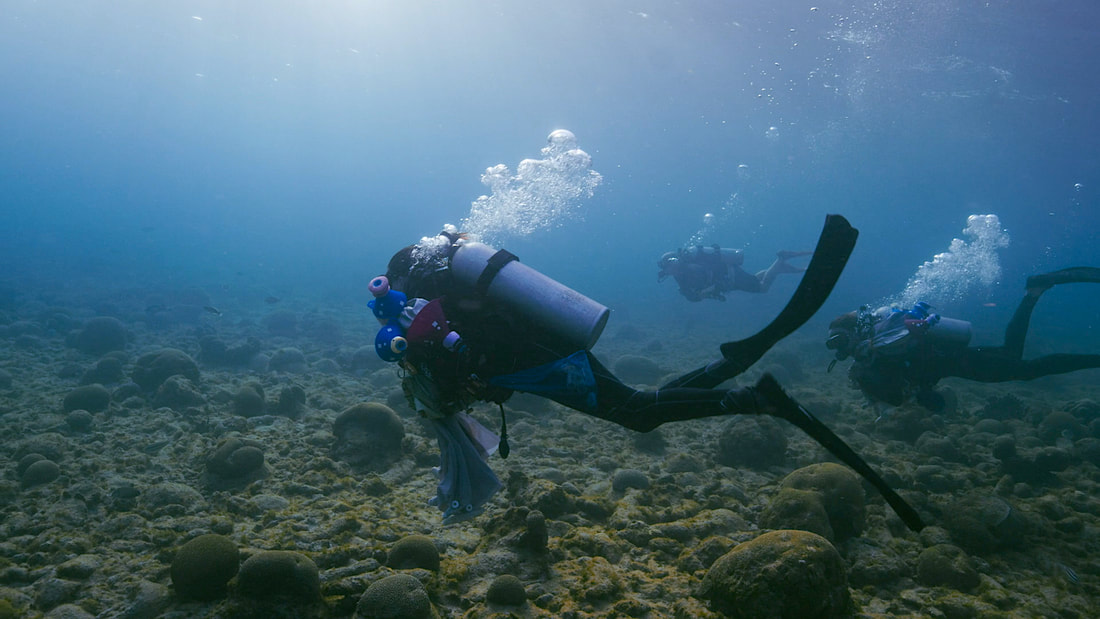
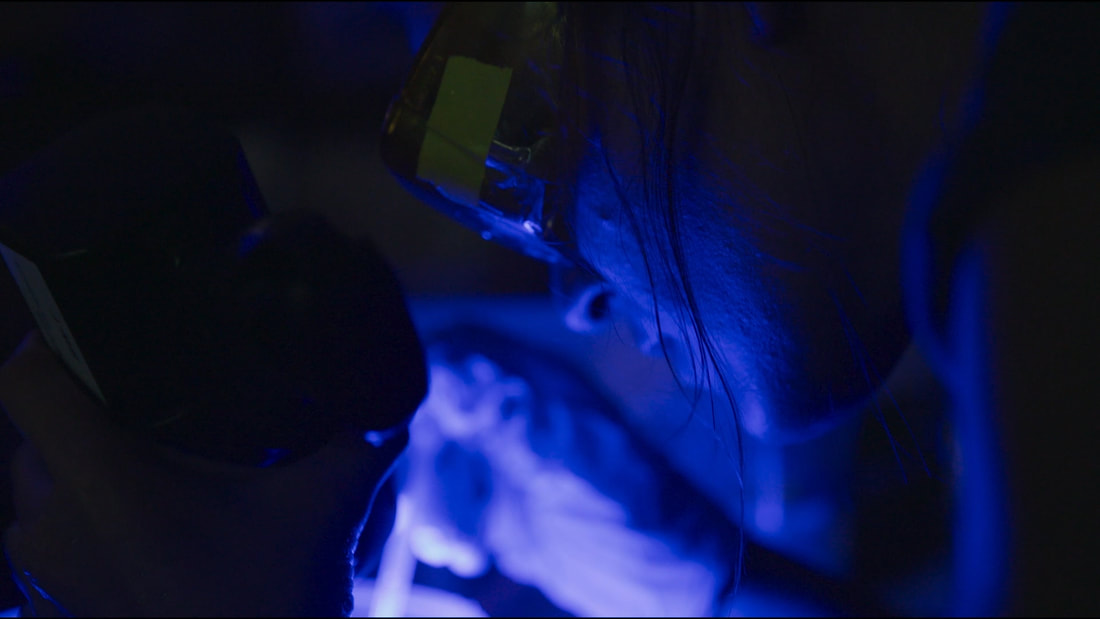
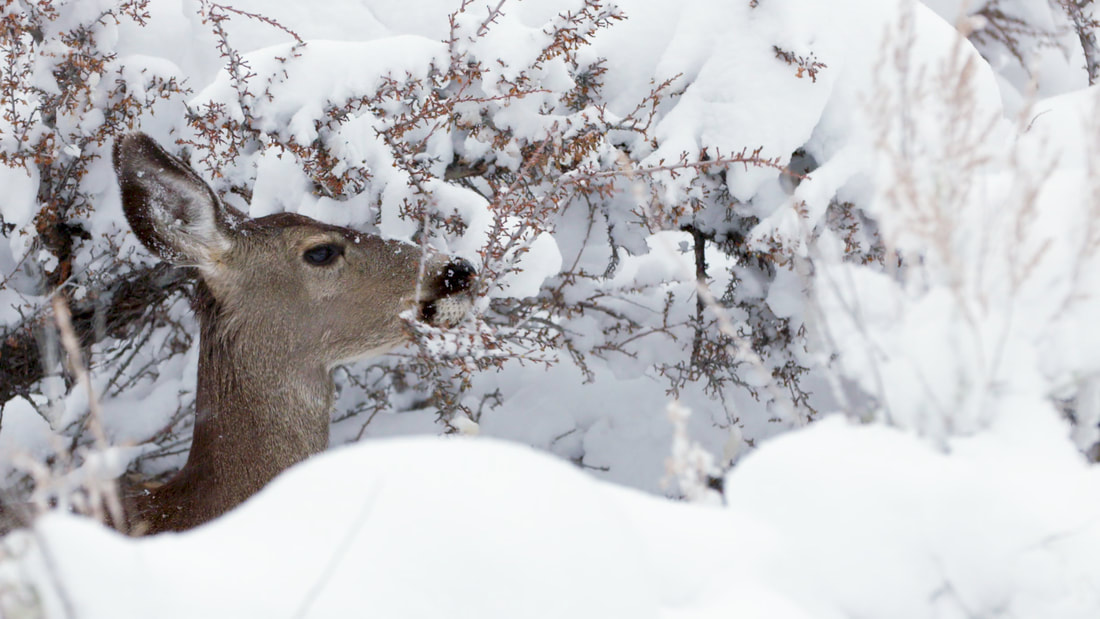
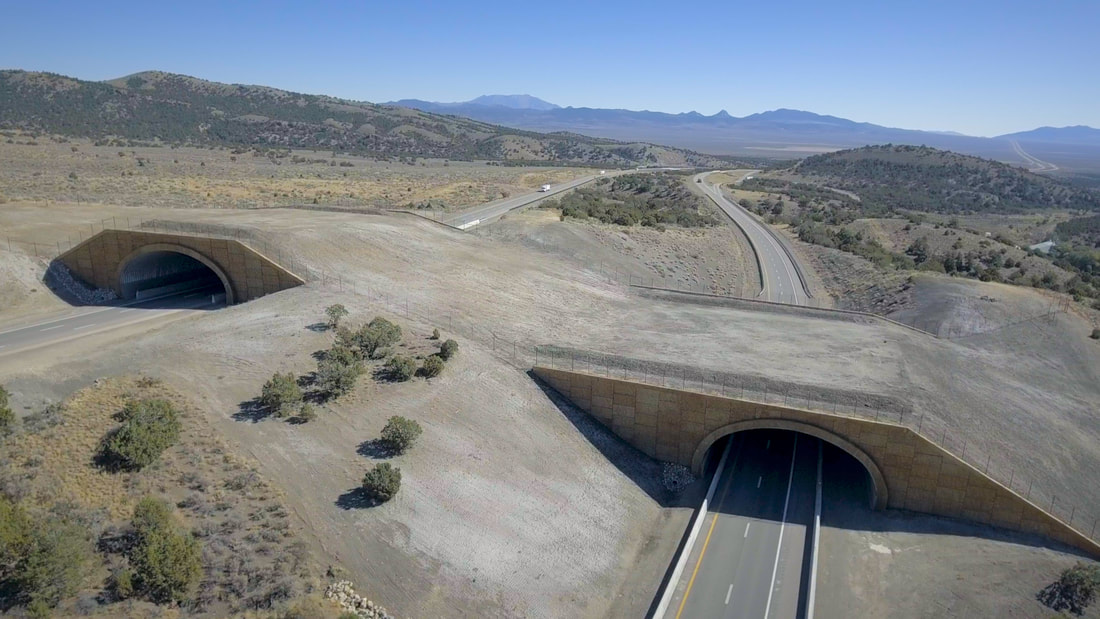
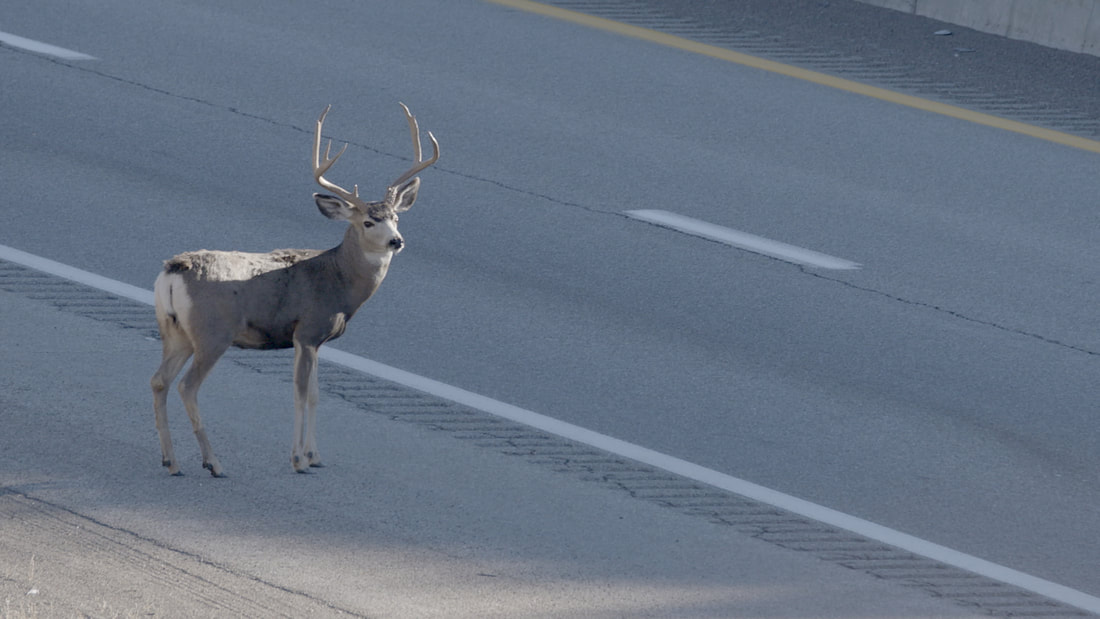
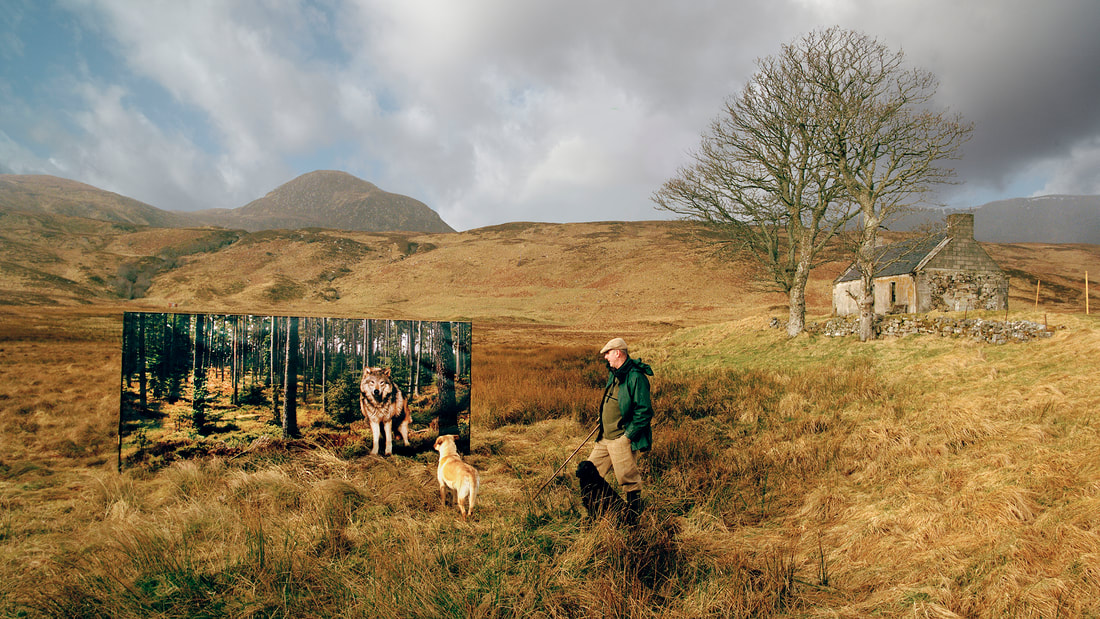
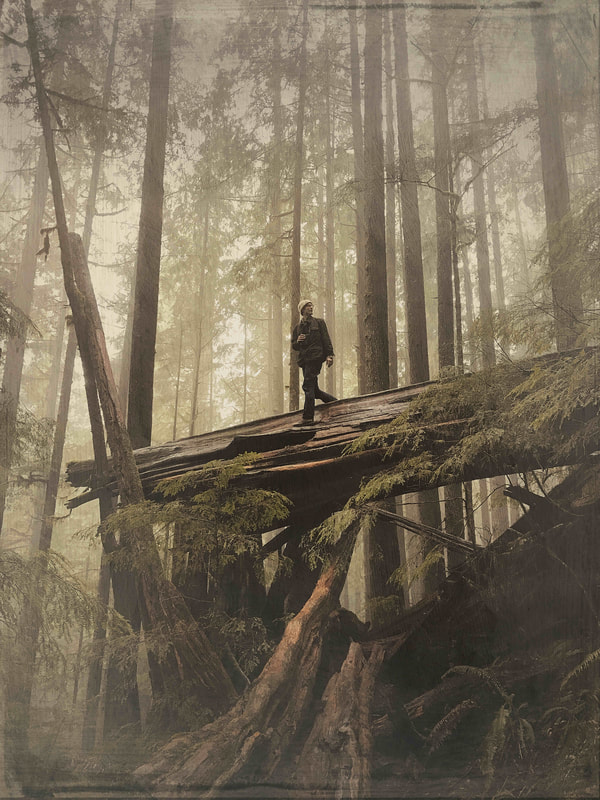
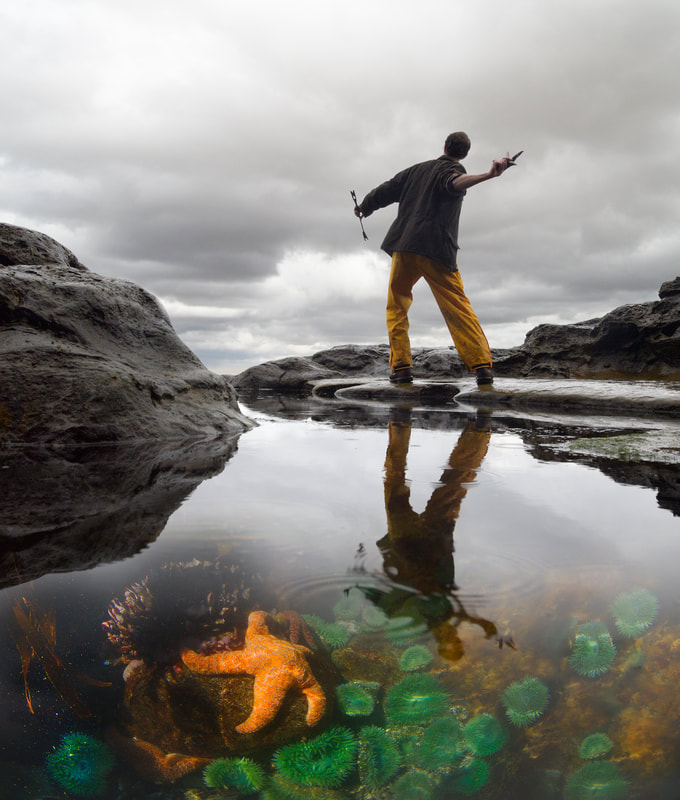
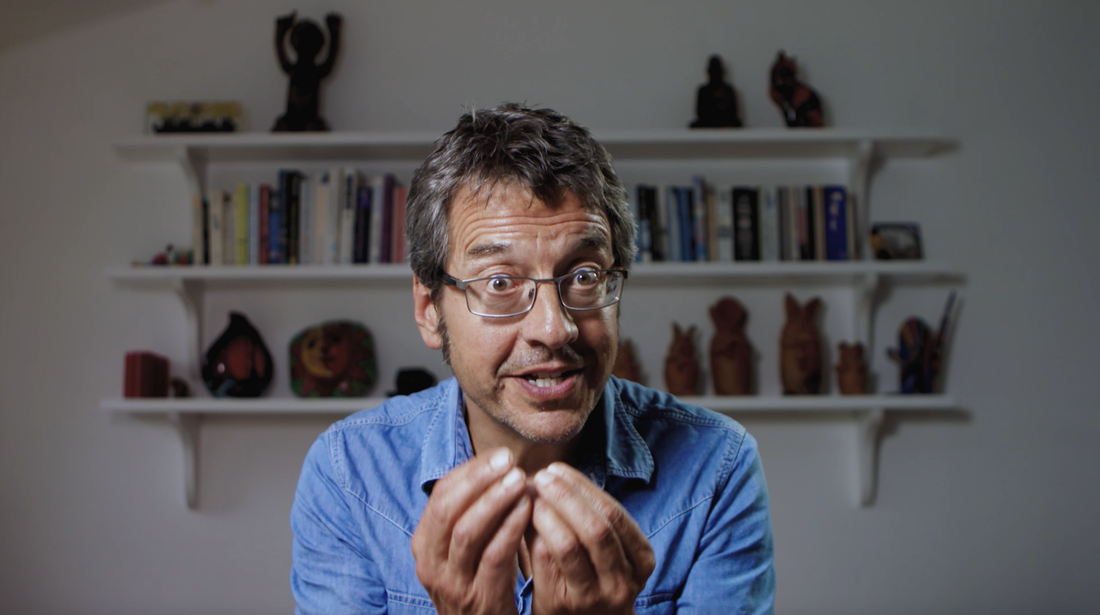
 RSS Feed
RSS Feed